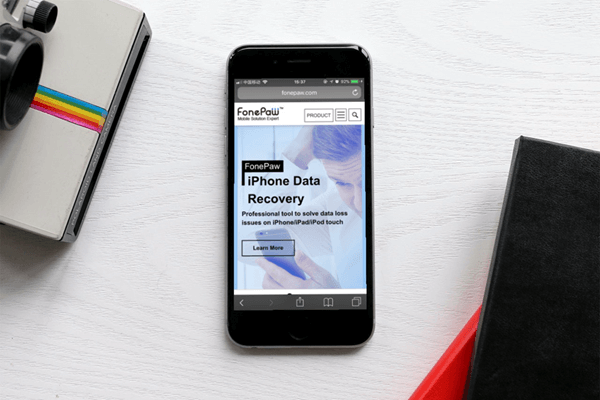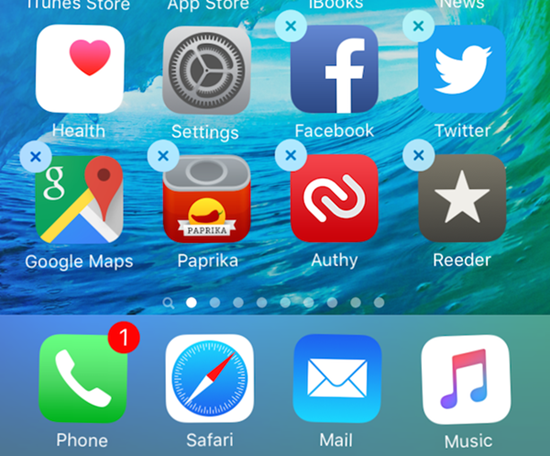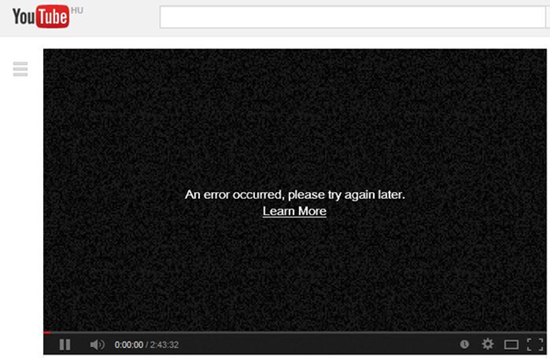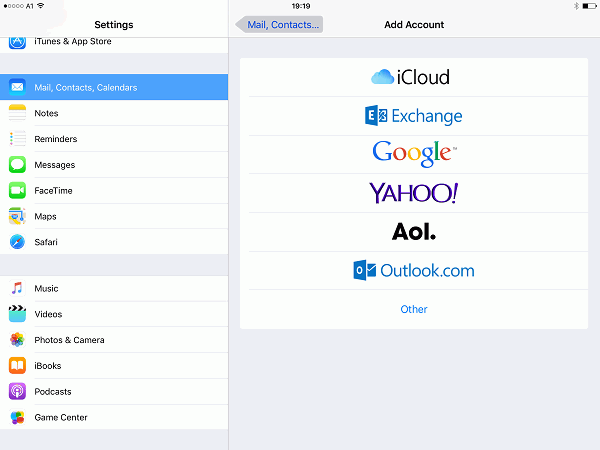How Can Facebook be Used as an Educational Tool
Social media has been getting a bad reputation as of late. Between questions of user privacy and rampant propagation of fake news, it's hard to think about social media – Facebook in particular – as an education tool. The funny thing, though, is that it can be when used correctly.
Facebook is like any other information source. There is both credible and erroneous content to be found there. It is, however quite easy to identify one from the other and use the platform in a way that promotes the exchange of relevant information in an educational context. So how can students use Facebook as an educational tool? Here are just a few of the ways:

#1: Follow Politicians and Public Figures
Even the top levels of government now use social media as an integral way of communicating information. Students who want to learn more about politics – particularly differences in policy making and political messaging along party lines – have a treasure trove in Facebook.
There is no better way to learn how people operate than to spend time listening to what they, and their followers, have to say. Following politicians on Facebook will help them form their own opinions and political views. It can also motivate students to become part of the political process, beginning with their votes.

#2: Compare News Channels From Around the World
There is also plenty to learn on Facebook from professional journalists and newscasters. It presents a unique opportunity to examine multiple perspectives on world events. Even foreign language channels can be explored and analyzed with the help of Facebook's translation tools.
#3: Join Groups that Relate to Current Areas of Study

There isn't a subject area that doesn't have some social media following. Students who are struggling with certain subjects or assignments can find study groups and other communities where information on those subjects is shared and discussed. Find a calculus geniuses, physics guru or essay helper for any assistance and start collaborating.
Even if a group pertains only to a broad subject area, chances are other students in those communities are looking to collaborate on specific details. Those students can, and often do, form their groups to engage in more pointed discussions.
#4: Host or Attend Live Events
More professors are turning to Facebook Live as a means of connecting with their students. The best part about this is that Facebook archives these events for later on-demand replay. This is yet another way of collaborating with tutors or on-campus study groups. Peer mentors and tutors can also use the Live platform to work with more than just one student at a time, making it both a useful educational and time management tool.
#5: Collaborate on Group Assignments
Facebook allows users to set up closed groups to ensure that only people who belong there can get in. Professors, tutors, and teacher aides can establish these groups and invite or approve students they know. From there, all of Facebook's group features can be utilized to create a truly interactive environment for group work. Share files, presentations, and other related materials all within the group.
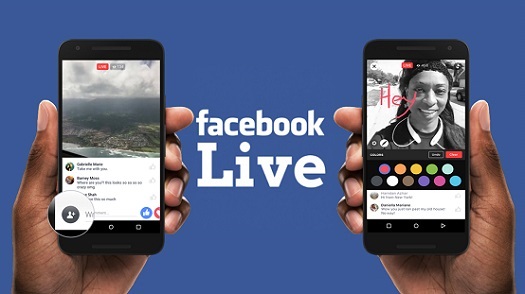
Get Creative!
The above five applications are just a taste of what Facebook has to offer for students looking to connect, engage, and learn. Any interactive, information sharing activity students can be found there. The access to information and resources on Facebook make it a powerful, legit tool for learning. We encourage you to explore some of the above options and also come up with some of your own.



















